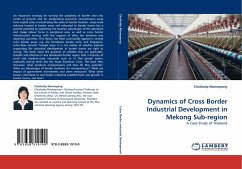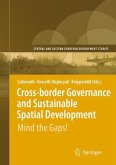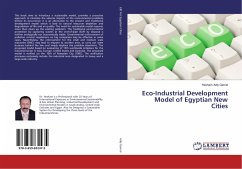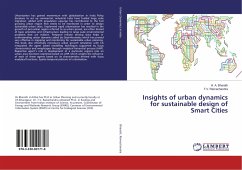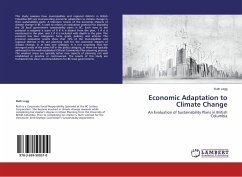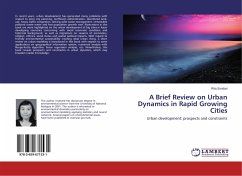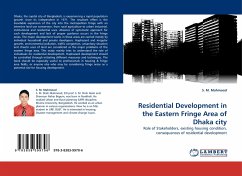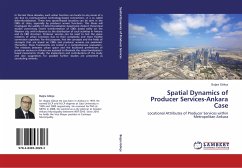An important strategy for turning the periphery of border area into centre of growth, and for accelerating economic concentration away from capital cities is maximizing the value of border location. Large-scale industry located in border areas and relocated to border towns has a growth potential by exploiting the location advantages of the abundant and cheap labour force in peripheral area, as well as cross border infrastructure services with the support of ethic ties between two adjoining countries. This theory has been successfully applied in several cross border areas, e.g. the US-Mexico border zone, and Singapore-Johor-Riau Growth Triangle zone. It is not matter of whether policies supporting the industrial development in border towns are right or wrong. This book raises the question of whether they are applicable, feasible and effective in less developed border region with a majority of small and medium-scale industries such as in Thai border towns, especially during times like the Asian Economic Crisis. The book thus discusses: what produces entrepreneurs and how do they operate?, What are advantages of border locations for entrepreneurs?, What are impact of government investments and other measures? What other factors contribute to and hinder industrial establishment and growth in border towns, and how?
Bitte wählen Sie Ihr Anliegen aus.
Rechnungen
Retourenschein anfordern
Bestellstatus
Storno

